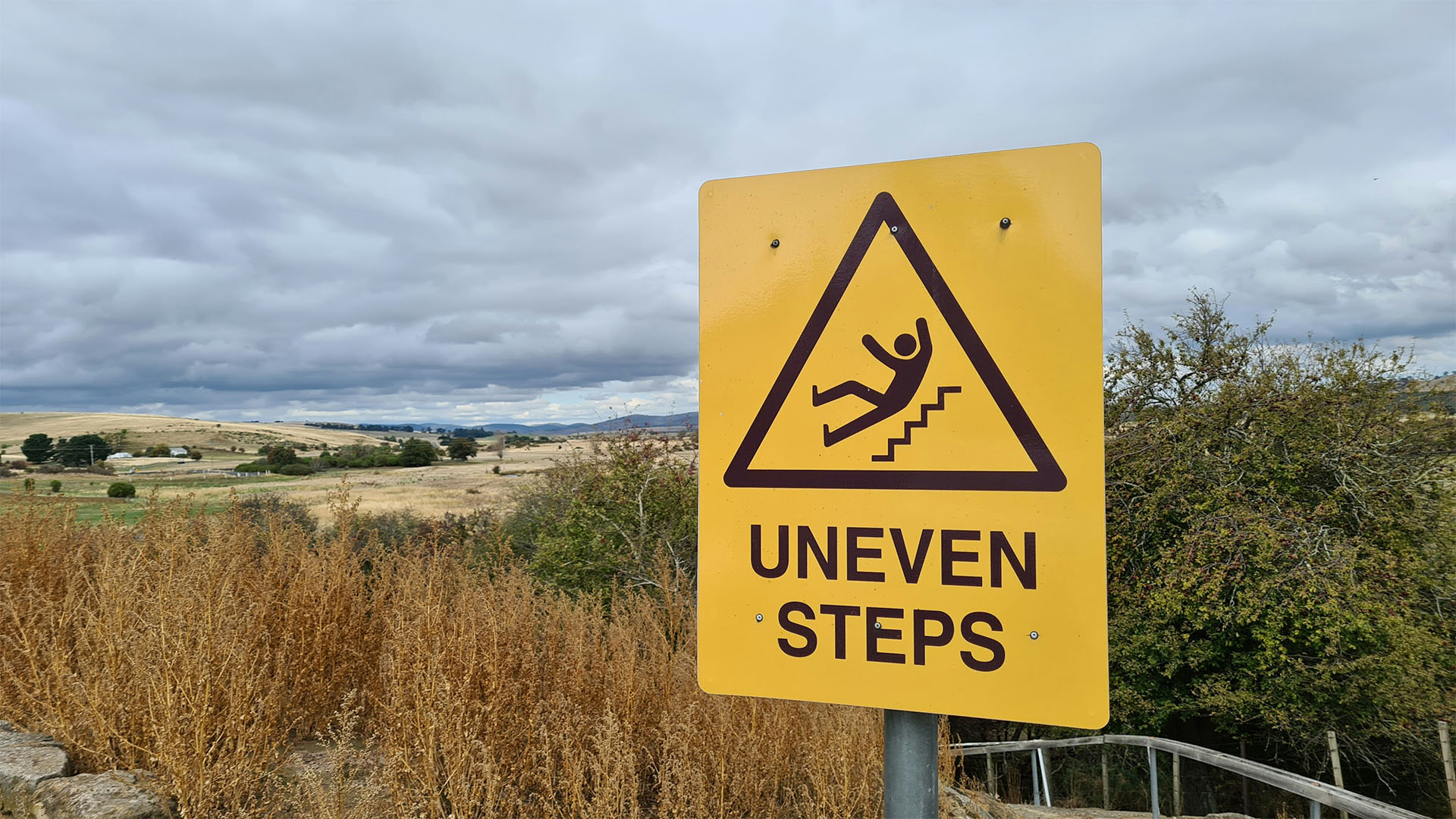Lawsuits can be expensive, time consuming, and involve a great deal of risk. When there is a conflict between parties in the workplace, it may be in everyone’s best interest to go through the mediation process instead of taking the matter to court. A neutral party would facilitate communication to help everyone come to a mutually beneficial resolution. When dealing with employment disputes, mediation is a method generally preferred by both the company and the employee. In fact, federal employers must have some kind of alternative dispute resolution plan which often involves mediation.
What is Employment Mediation?
Employment mediation is a back and forth between opposing parties that is guided by a neutral party to find solutions to the issue at hand and negotiate possible settlements to prevent escalation. Oftentimes, collective bargaining agreements and employment contracts require mediation at least be attempted for some cases. The Equal Employment Opportunity Commission also recommends mediation as a way to resolve employment claims. Mediation is not legally binding, and the mediator does not have the authority to make or enforce decisions. It is simply a way for people to communicate their side of a dispute and find a solution that is in everyone’s best interests. If such a solution cannot be agreed upon, the parties have the option of pursuing further action.
What Are the Pros and Cons of Employment Mediation?
There are many reasons why mediation is generally preferred as a first resort for conflict management.
- Mediation is generally a less expensive and much quicker way to resolve disputes than court proceedings.
- It provides an even ground for both parties as well as room and flexibility for negotiations.
- Communication is confidential and guided by a neutral party, allowing for an open and honest exchange.
Furthermore, should the mediation prove unsuccessful, the statements made, and information shared are nonbinding and often inadmissible in court. However, if the parties cannot come to a settlement agreement and the matter is taken to court, the time and money spent on the mediation is lost.
Who Can Act as a Mediator?
Mediators must be a neutral party to the conflict. This means that they must not have any personal or financial interest in the situation. Many employment related matters are mediated through a government agency that appoints their own mediator. Depending on the situation, there may be a list of eligible mediators for the parties to choose from. Generally speaking, people with professional training such as counselors and attorneys can act as mediators. An employment mediator should have knowledge and experience related to employment law and the issues at hand. Conflicts that require mediation such as employment disputes are often stressful, emotional, and fraught with tension. Therefore, mediators should have the patience, communication skills, and the fortitude necessary to mediate conflict and facilitate a productive dialogue that will allow the parties to find a mutually beneficial solution.
Are Mediation Results Binding for Parties Involved?
If a settlement can be agreed upon through mediation, the parties may choose to draw up and sign a contract legally binding them to that agreement. However, if a settlement can not be reached, and the matter is taken to court, the parties are generally not bound by any statements made during mediation. However, information and transcripts from the mediations do most often need to be handed over, and the court may use these documents when making their decisions. The final court orders that would be legally binding may include or be based on information from those mediations.
How Can You Request Mediation?
Employment claims and disputes can be reported to the EEOC or the applicable state employment department. These agencies will often recommend mediation to resolve the conflict and may provide a mediator and facilitate the process. Though mediation is generally advised, it is not often mandatory. If the department or agency handling the claim does not recommend mediation, the parties may still make a request to arrange it. Some employers include mediation as a primary method for conflict resolution in employment contracts and have their own procedure for arranging the process.
When is Mediation a Good Idea?
Mediation is usually recommended to address a complaint when it is made, however, either party can request mediation at any time. It can be agreed to in an employment contract, part of the complaint process for a government agency, or even court ordered. Mediation can help avoid the costs involved and time spent on a lawsuit and give both parties the opportunity for a fair and balanced outcome. Sometimes, mediation may occur during the court proceedings in anticipation of or response to certain judgments and rulings. While mediation may not always be the best solution for every dispute, it is generally advised that it at least be attempted to try and resolve issues before they are presented to the courts.
What Preparation is Needed for Employment Mediation?
Details that need to be decided on before a mediation can begin include:
- Date/time availabilities
- Location of the mediation
- Who will be the mediator
- Who will attend the mediation
- Division of costs
These details may vary depending on who requested or mandated that the mediation occur. Before the mediation takes place, the attorneys for each party will review the details of the situation to ensure that they and their clients understand where their strengths and weaknesses are. The attorney will inform their client of all known possible options, complications, and outcomes of the mediation including what they risk if they do not come to a settlement agreement.
The attorneys will then provide the mediator with written statements containing information on the case. They may also choose to provide each other with this statement or an edited version. These statements may include:
- Background details
- Timeline of events
- Key facts of the situation
- Applicable legal issues
- Litigation status
- Previous settlement demands/offers
- Current settlement demands/offers
- Any important evidence
Who Should Attend Employment Mediation?
The parties involved in the dispute should be present for the mediation. Any representatives for the parties should be knowledgeable of the facts of the case and have the authority to negotiate and agree to a settlement. Some employment disputes can be emotionally charged and there may be instances where putting the individuals involved in a room together may not be the wisest course of action. Sometimes, in the interest of maintaining a calm and peaceful interaction, the employer may decide that the specific staff member being accused of wrongdoing should not be present at the mediation.
Both parties have the right to have an attorney present at the mediation, however, this is not mandatory. The extent of their involvement in the proceedings is determined by the mediator.
Where is Employment Mediation Conducted?
The location of an employment mediation is generally determined by the circumstances in which the mediation was requested. When employers include mediation for future disputes within an employment contract, they will usually also include where such a mediation would take place. Government agencies and the courts will have their own designated locations to conduct mediation. For those planning a private mediation, there are organizations that provide assistance with alternative dispute resolution, such as the American Arbitration Association.
Employment Mediation Process
There are steps and stages to the employee mediation process, not only during the mediation, but before it takes place as well. Everyone involved has their own part to play.
Pre-Mediation Conference
Before the mediation occurs, the mediator will meet with the attorneys for both parties. The purpose of this pre mediation conference is to gather and share all of the information needed to conduct a productive and mutually beneficial mediation. During this meeting, the mediator will go over the mediation process as well as the mediation agreement that will be signed and address any questions either party may have.
Mediation Conference
Once everything is prepared, the parties and their attorneys will meet with the mediator. In employment claim mediations, it is important that those in attendance on the employer’s side are knowledgeable of the situation such as those involved and human resources personnel. Though it is also important to weigh the risks and benefits of having certain individuals present depending on the details of the situation. The employer may prefer to exclude someone whose presence may increase tensions and hinder negotiations. There also must be someone present with the authority to make decisions regarding the settlement and sign any possible settlement agreement. The employer may also wish to have someone from their insurance company present as well.
Each party will present their side of the situation. They may wish to then have separate private meetings with the mediator individually to go over the strengths and weaknesses of their respective positions. This may also help them evaluate and go over the options for resolution that are both in their best interest and realistically available. Having these individual meetings separate from the mediation session can help the mediator navigate a smoother dialogue between the parties so that they can obtain the best possible outcome together.
When is Employment Mediation Done?
There are two possible outcomes of a mediation:
Settlement – An agreement is drafted outlining the terms and compensation that are acceptable to both parties. This can be a general agreement where the parties will negotiate specific details later on, or a full and complete final settlement closing the matter.
Impasse – When the parties involved are unable to come to any kind of settlement agreement. This can result in additional mediation being attempted, or the parties may choose to go to court. Even if the matter does go to court, the parties may continue trying to reach a settlement.
Contact Mesriani Law Group if You Need an Employment Dispute Resolved
When conflicts arise in the workplace, there are many options available for resolving the issue without going to court. One of the most common ways this is done is through mediation. This gives both parties a chance to find a solution together with a neutral party keeping things fair and on track. It is not mandatory for the parties to have an attorney present, but it can be very beneficial to do so. An employment attorney can help put together the details of your case, determine the best possible outcome, and negotiate on your behalf. Call Mesriani Law Group today for a free consultation.
Employee Mediation FAQs
What happens in employee mediation?
During employee mediation, the parties involved come together with a neutral party called a mediator to discuss the issue and negotiate a solution. The mediator helps facilitate a productive conversation between the parties so that negotiations can go as smoothly as possible with an outcome that works for everyone. If the parties are able to come to an agreement, they will sign a settlement. If not, they may come to an impasse and possibly take the matter to court.
How do I prepare for employee mediation?
Before mediation for a claim against an employer starts, is important to have all the relevant information in order. You should be able to explain your case, why you deserve compensation, and what that compensation should be. You should also know how much you are willing to compromise and negotiate. An employment attorney can help handle much of this. They can also help you find the strengths and weaknesses in your case and use them to your best advantage. They can also help advise you on what a reasonable settlement would be for your specific situation.
What does it mean when an employer wants to mediate?
No one likes going to court. It is expensive, time consuming, and riskier than other forms of conflict resolution. Most companies prefer to go through mediation in the event that an employee raises a legal claim against them. It provides them with the opportunity to sit down with the employee and negotiate a mutually beneficial settlement. It is not mandatory, but many employment contracts will require that it be attempted as a first resort. Many courts and organizations like the EEOC will also recommend mediation before any kind of court proceedings.
Who attends employment mediation?
The attendance at an employment mediation consists of the employee making the claim, the employer in question, and a neutral third-party employment mediator. The employer will generally send a representative who is authorized to make financial decisions such as settlements on the company’s behalf. They may also send a representative from their insurance company. The employer may decide not to involve the specific individual that the claim is against if having them there will be counterproductive. It is not mandatory for attorneys to be present, but people often choose to hire one to handle the proceedings and negotiate on their behalf.








